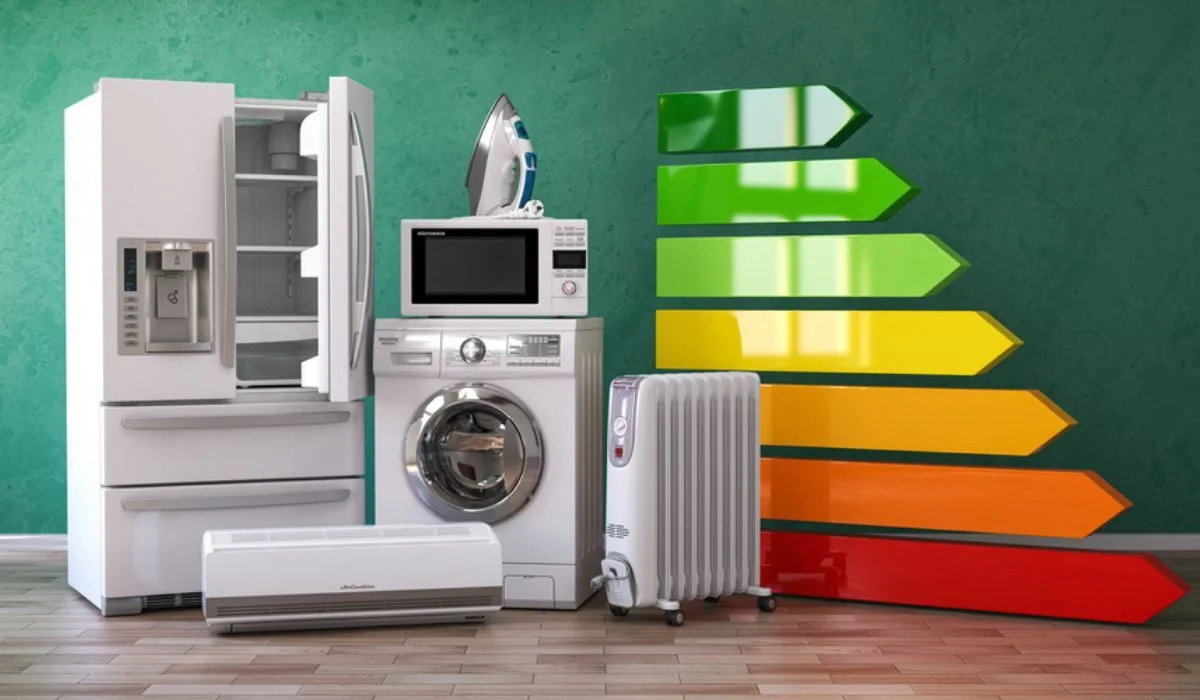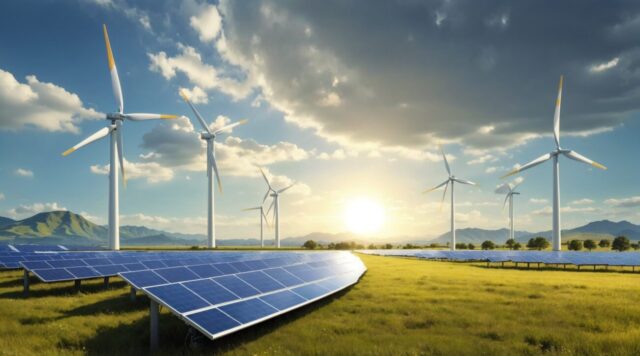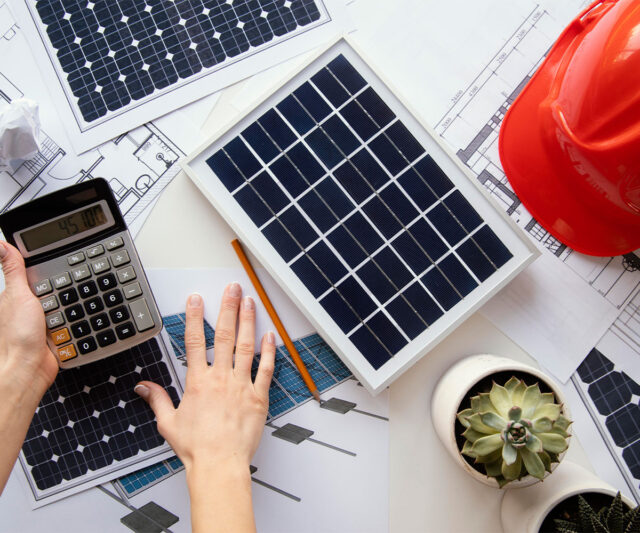
Key Takeaways
- First responders and veterans are eligible for various programs and discounts to reduce electricity costs.
- Energy-saving habits and upgrading to energy-efficient appliances further help in cutting electricity bills.
- The combination of discounts and innovative energy practices leads to significant cost savings.
Electricity costs can be a substantial part of monthly expenses, but for first responders and veterans, there are numerous ways to ease this burden. Leveraging special discounts and adopting energy-efficient practices are vital strategies that can result in significant savings. This article explores how these groups can cut electricity costs while maintaining a comfortable lifestyle, enhancing their financial stability and overall well-being.
Utilize Special Discounts

One of the most effective ways for first responders and veterans to save on electricity costs is to take advantage of special discounts explicitly designed for them. Many utility companies offer veteran discounts on electricity, providing direct reductions on monthly bills. These programs recognize first responders’ and veterans’ service and sacrifices and aim to give back by reducing their financial burdens.
To benefit from these discounts, it’s essential to research and contact your local utility provider. Some companies have dedicated programs that lower rates and provide additional resources for managing energy use. Enrolling in these programs is easy and can result in immediate cost reductions. Furthermore, it is advantageous to keep oneself updated on recent policies or temporary discounts that could help reduce energy expenses even more.
Moreover, some non-profit organizations collaborate with utility companies to offer these discounts, ensuring the benefits reach those most in need. These discounts often include programs for energy-efficient upgrades, providing an all-around strategy to cut back on electricity costs effectively. Leveraging these opportunities can lead to substantial and sustained reductions in monthly utility expenses.
Adopt Energy-Saving Habits

Beyond special discounts, adopting energy-saving habits is another essential strategy for cutting electricity costs. Small adjustments to everyday schedules can have a major impact. For example, switching off lights upon exiting a room, disconnecting idle electronic devices, and utilizing programmable thermostats for efficient heating and cooling can significantly reduce costs.
Another effective routine is to utilize sunlight rather than artificial lighting throughout the day. Additionally, consider cooking in bulk, as using the oven for multiple dishes at once is more energy-efficient than cooking separately. When consistently applied, small steps can add up to considerable reductions in electricity usage. For example, setting appliances to energy-saver modes, optimizing washing machine loads, and being mindful of peak energy usage times can significantly improve energy efficiency.
Creating an energy-conscious mindset among family members is also essential. Encourage everyone in the household to contribute to energy-saving practices by setting a monthly goal. Tracking monthly usage and celebrating small wins can turn energy conservation into a rewarding family project, eventually making these habits second nature.
Upgrade to Energy-Efficient Appliances

Investing in energy-efficient appliances is an excellent way to reduce long-term electricity costs. Modern appliances are designed to use less energy while providing better performance.
Standard upgrades include energy-efficient refrigerators, washing machines, dishwashers, and HVAC systems. Although the initial cost may be higher, the savings on electricity bills over the appliance’s lifespan justify the investment. Many states and local governments also offer rebates for purchasing energy-efficient appliances, reducing the net cost.
Upgrading to energy-efficient lighting is another practical step. LEDs and CFLs consume significantly less electricity than traditional incandescent bulbs and last much longer, thus reducing both energy consumption and replacement costs. Also, smart home devices can optimize household energy usage by learning and adapting to daily routines, enhancing overall energy efficiency.
When considering appliance upgrades, it is wise to conduct a cost-benefit analysis to identify which appliances offer the greatest return on investment. Coupled with rebates and incentives, these upgrades can lead to substantial savings over time, making the upfront costs more palatable. Additionally, environmentally conscious choices benefit the broader community by reducing greenhouse gas emissions.
Leverage Renewable Energy

Leveraging renewable energy sources is an increasingly popular option for reducing electricity costs. Installing solar panels, for example, can provide a sustainable source of electricity and significantly cut down on utility bills. Renewable energy systems can often be paired with battery storage, increasing efficiency and reliability.
Many regions offer incentives and tax credits for installing renewable energy systems. These financial benefits, coupled with the long-term savings on electricity, make renewable energy an attractive option for first responders and veterans looking to reduce their expenses and contribute to environmental preservation.
Community solar programs also present an opportunity for those unable to install personal solar systems. These programs allow multiple households to share the benefits of a single solar array, often at a reduced cost compared to individual installations. By participating in such programs, first responders and veterans can access solar energy’s financial and environmental benefits without bearing the total expense of standalone systems.
The adoption of renewable energy not only leads to direct financial savings but also enhances the energy security of the household. It insulates them from the volatility of traditional energy markets, offering a more stable and predictable energy source. Over time, the cumulative benefits of renewable energy systems contribute significantly to household savings and overall well-being.
Seek Professional Energy Audits

Another effective strategy to reduce electricity costs is to conduct a professional energy audit. Energy audits assess your home’s energy use, identifying areas where you can improve efficiency. Auditors can pinpoint issues such as poor insulation, air leaks, and inefficient lighting and offer practical solutions to address them.
By implementing the improvements recommended by an energy audit, first responders and veterans can enhance their homes’ energy efficiency, lowering electricity bills. Additionally, some utility companies provide their customers free or discounted energy audits, making it an accessible option for those looking to save money.
During the audit, professionals may also advise on behavioral changes that complement physical improvements. This holistic approach ensures every aspect of energy use is optimized, creating a comprehensive energy-saving strategy. Furthermore, some energy auditors may identify eligibility for government grants or subsidies that offset the cost of suggested upgrades, multiplying the financial benefits.
Following through with an energy audit’s recommendations can transform a household’s energy profile. The cumulative effect of these improvements is substantial, from enhanced insulation that maintains comfortable indoor temperatures to upgraded systems that lower operational costs. In the long run, energy audits provide immediate benefits and future-proof households against rising energy costs.
Conclusion
First responders and veterans have several options to cut electricity costs significantly. Utilizing special discounts, adopting energy-saving habits, upgrading to energy-efficient appliances, leveraging renewable energy, and seeking professional energy audits are all effective strategies to achieve this goal.
Combining these approaches makes it possible to reduce monthly utility expenses while promoting a sustainable and efficient lifestyle.
Implementing these practices today can yield immediate savings, accumulating over time to result in substantial financial benefits. The collective impact of these measures lightens the financial burden on first responders and veterans and contributes positively to environmental preservation and community resilience. Start incorporating these strategies to enjoy the advantages of lower electricity costs and a greener, more efficient home.







